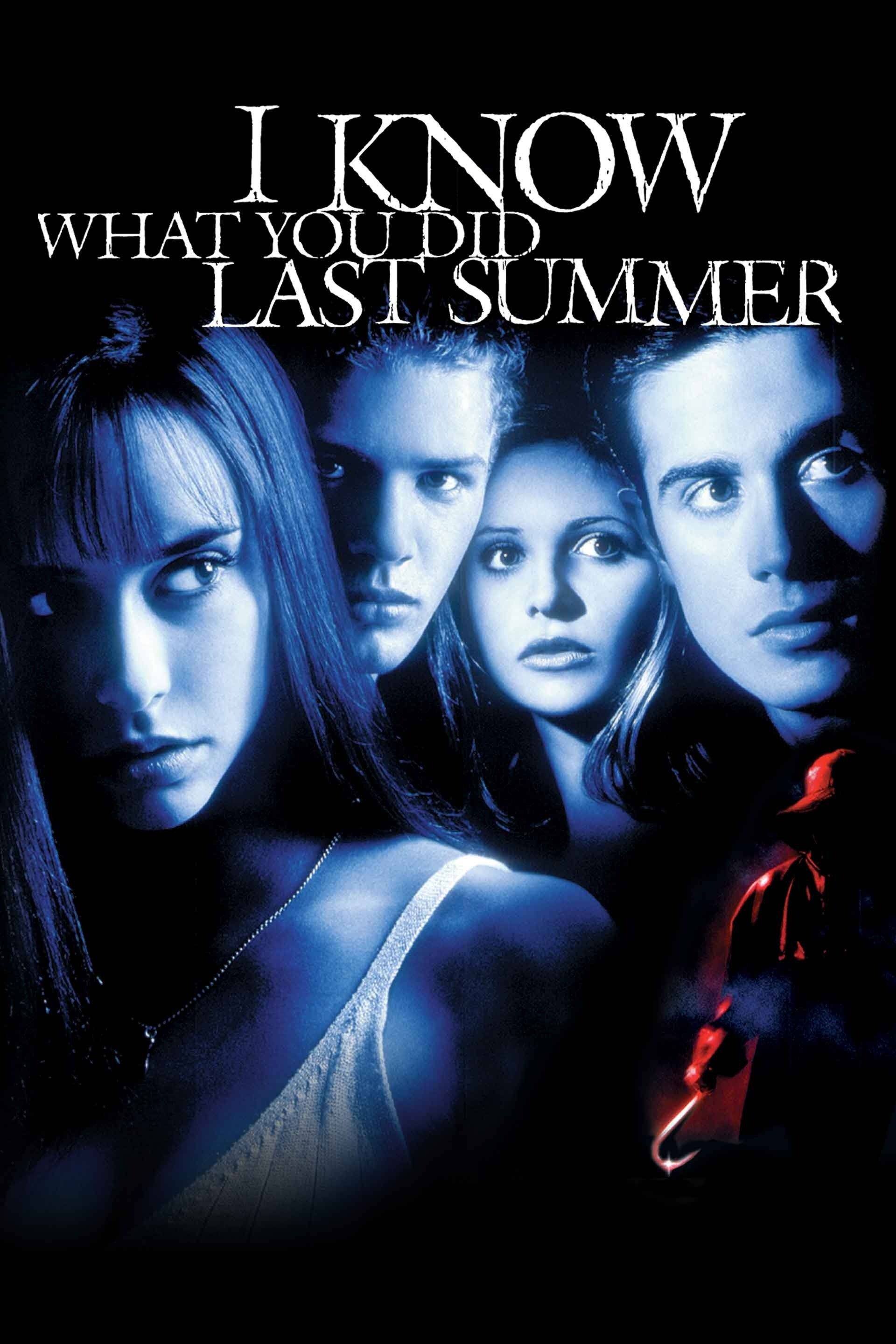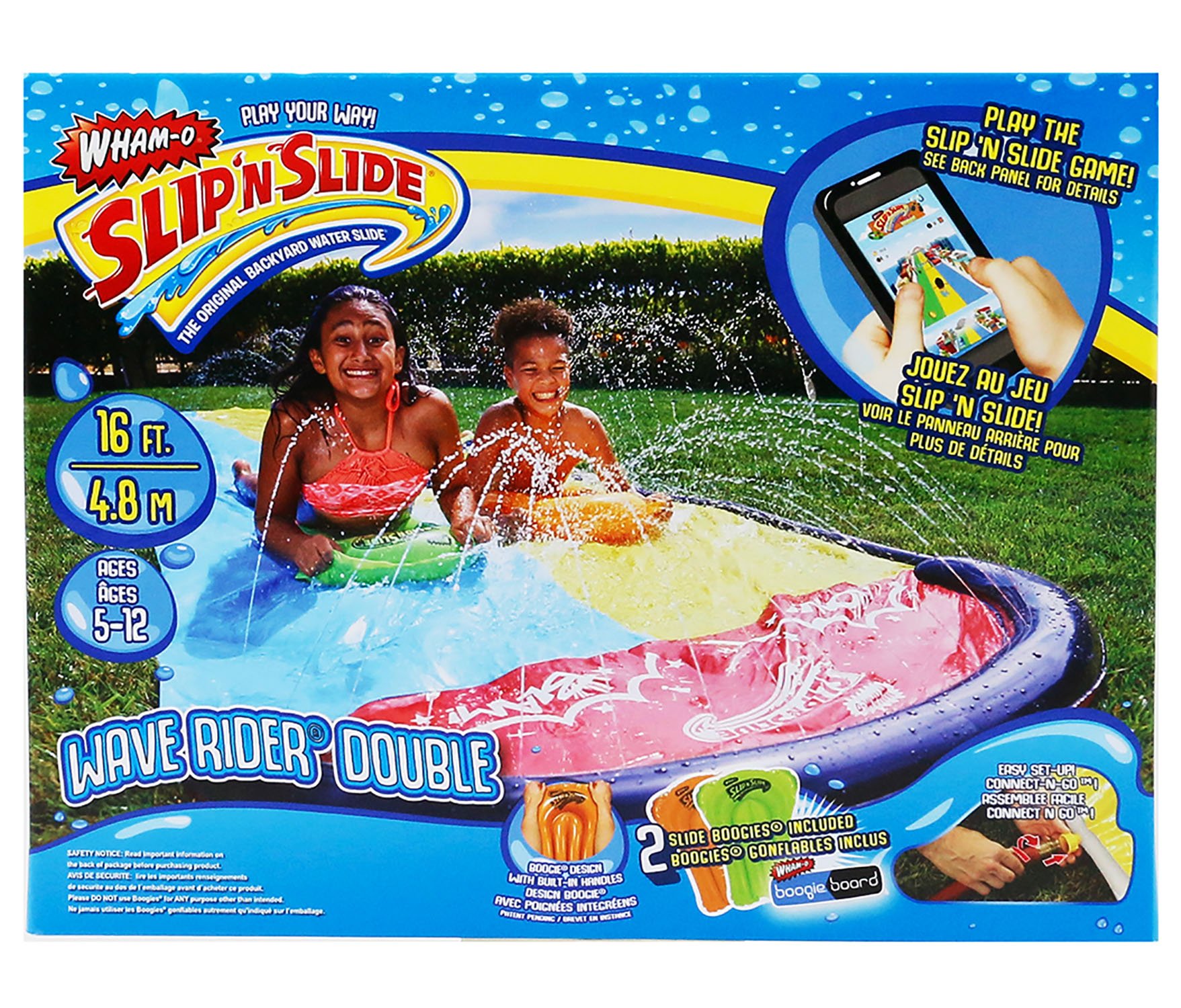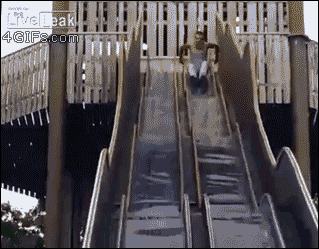How To Spend Your Summer Vacation: Music Student Edition
Summer is upon us and I know we can’t wait to kick the shoes off, get out there and just have a rip-roaring three-month hiatus from responsibility. Right?!?
Whoa whoa whoa…slow down there. Before you get deep into the routine of potato chips and slip n’ slides, take a few minutes and check out these suggestions for how to spend your summers effectively.
For me, and maybe for you, summer has just begun, so the last thing you want to think about is the school year starting again, but it is very important to consider your future self when making current-self decisions.
“…it is very important to consider your future self when making current-self decisions.”
Who is this video for?
I am a college professor, so I have a similar schedule to everyone who follows an academic calendar - we work 400-hour weeks from September until May, with a month off over the New Year and June-August off as well. This video is about that amazing yet pesky June-August chunk of unstructured time. If you don’t follow the academic calendar, you may still benefit from some concepts below, so don’t go away just yet!
I am a musician, specifically a performing percussionist, so my frame of mind and references have to do with that career path. However, I hope that this video could be helpful to anyone on an academic calendar life, even if you are not a musician (but pardon the musical references)
This info may not make you love going back to school in the fall, but it should make you better equipped to play the game.
What is the game?
School is an iterative process. Every year follows a very similar structure of classes with similar schedules. There is a slight difference in the density of classes when you move from high school to college, but the general structure will always be the same. Weekly or daily classes, a series of course requirements to complete, get stressed at week 9 or so, spend the rest of the semester just straight-up failing. Then dust yourself off and try again next year.
This content is meant to help you delay your stress as much as possible and maximize your knowledge gains while at school.
School is a marathon, not a sprint, and in order to get ready for a long race, you have to prepare for a long time. The goal is to get to the end of the summer and feel rejuvenated, fulfilled, more knowledgeable, skillful and excited to return to school because you are prepared!
“…to get ready for a long race, you have to prepare for a long time.”
1. Relax
I like to divide up my summers into four segments. These aren’t exclusive segments, for example, segment 1 and 2 might be done at the same time, or 2 and 3 could be mingling during 4, or you may want to do these in a different order. What works for me may be entirely different than what works for you, and it is important to start yourself on this journey soon so you have as much time to perfect the process as you can.
You just completed a marathon task by grinding through a full year of school. Regardless of how you feel at the moment, you need to take some time to let your mind and body relax. The only way for you to retain this amazing amount of knowledge and experience you gained this year is to have a relaxed body and mind.
“So Mike, what do I do to relax?”
Some things that help me:
Make time for longer meditation periods. If you don’t currently meditate, start to make a practice out of it.
Replace caffeine with sleep. This might mean napping, or it might mean that you feel a bit out of sorts for a few days, but there are plenty of non-caffeinated versions of your favorite beverages!
Carve out time to be alone, and sit there in your solitude!
Do slow-paced activities, just for fun! Activities such as
Walking
Reading a book
Talking to a friend or family member on the phone
Slow-paced hobby like sculpting or hiking or golf
me during golf ⬆️
“The most effective, and most difficult, way to relax is to do nothing.”
The most effective, and most difficult, way to relax is to do nothing. That’s right, friends, nothing. That means no scrolling, swiping, scanning, liking, subscribing, tweeting, or gifing. Just sit there, let the thoughts come and go. You may not be relaxed after your first session of nothing, but eventually, you will achieve a calm like you haven’t felt in a long time.
2. Review
Before embarking on a new project, or especially before doing the same project again, I will need to review my process and actions. This is a critical element in any productivity model to help streamline actions and thoughts while trimming out any unnecessary actions or routines.
It might be helpful to have some kind of way to document your thoughts and responses during this stage, so go ahead and grab your notebook!
During this time of “taking inventory”, some questions you may want to ask yourself include:
What were assignments from your teachers for the summer? Add these to your list of “assignments from yourself”
What skills do I need to develop to help me through the next year?
What knowledge do I need to develop to help me through the next year?
Can I improve my productivity and efficiency?
Can I improve my communication?
What turned out to be important this year?
What turned out to be a waste of my time?
What frustrated me about this year? This question can easily send you down a ranting rabbit hole of unproductiveness. So make sure to couple this question with the following question:
What actionable steps can I take to create a better experience for myself next year?
“When should I implement these changes?”
I like to start to implement changes during this part of the process. Perhaps it is an organizational method or a way of communicating that needs adapting. I try not to make too many life-changing decisions in December and May, since those are the highest-stress months for people on the academic calendar. But, sometimes the decisions need to be made!
3. Produce
Perhaps a better title for this stage is “Be Productive”, since this is the bulk of the work gets done.
First, it is important to build an infrastructure where you can be productive: eat healthy, sleep well, exercise regularly, wake up early and go to bed early, and create an efficiently-organized workspace.
Then, using the list you brainstormed in Stage 2, make a plan for how to acquire knowledge and skills that you need to make your life better. Begin implementing these immediately so that you have the most amount of time to make these into habits.
In addition to your action items, I want to work in three categories during my productive part of the summer:
Work on fundamentals, these means both technical: scales, rudiments, body position, breath, note accuracy
and musical, meaning skills that all musicians require:
Sight reading
Sight singing and ear training
Theory and history knowledge
Piano skills
Become familiar with the available materials in your field
I choose to go through method books that are both foundational and new to the scene.
When I do this, I go slow and try to absorb
I take notes during the process to ensure that I can call upon that knowledge later
I read all the text! Musicians have a bad habit of just paging through to the music and missing out on the wealth of information!
Finally, and everyone’s favorite…Repertoire
Familiarize yourself with a lot of repertoire, this might mean just reading through and putting it back on the shelf, but get a sense for the piece, it’s challenges, benefits and place in the repertoire.
Try to learn at least one piece well. Sweat the details during this process. During the school year you rarely have this much focused, dedicated time, so spend it learning the details!
“First…build an infrastructure where you can be productive.”
I work in three categories:
Fundamentals
Method/Etude Books
Repertoire
4. Prepare
The final step of my summer process, before I head back to the wonderful marathon race of school, is Prepare.
You’ll want to keep your notebook handy for this step, to review your assignments from yourself and your teachers.
If you’re a musician, you can prepare for your lessons by practicing the repertoire assigned by your teacher, plus the etudes and solos that you can assign to yourself for your future lessons. In an ideal world, with ideal communication with your teacher, you should be able to front-load 3-4 weeks’ worth of lesson materials with your preparation over the summer. That way, when you arrive on campus in the fall, you can start practicing for week 4 or 5. If you keep up the week-to-week practicing, that means that you will have much more peace-of-mind during the year, and if you have a busy or rough week, you won’t get too far behind.
Make sure to acquire all of your required books and materials at least 2 weeks before school starts, if you know what they are. As you know, there is a rush in the first week of classes and you may be stuck with a different edition or paying higher prices.
(Don’t forget to review!)
In the final week or so of the summer, save your evenings to relax again, take in those last few breaths of the summer and reflect on your process. Did you stick to your plan? Did this method seem right to you? How would you adapt it next year?
(Don’t forget to relax too!)
During this process it is critical that you are also scheduling regular breaks, and reserving time to reflect on your summer process, make note of anything that went well or needs improvement for next summer, and giving your mind some space before the fall begins.
Then take a deep breath and plunge into the next year. Hopefully, after having time to relax, review, produce and prepare, you’ll be ready to return to school with a clear and balanced mind, a healthy body and a prepared brain.
Conclusion
Well, that’s it for now, everyone. I hope you found this helpful for your iterative life with the academic calendar.
Obviously nobody is perfect, and even I don’t work on these four stages 7 days a week, 24-hours a day. I want to make sure that there is time to enjoy the unstructured summer time for what it is: a break!
If you made it this far, then you probably found some interest in what I’ve presented here, so please play your favorite rudiment on the subscribe button and get up-to-date video posts as they get released.
For now, this is Mike signing off - have a great summer!




